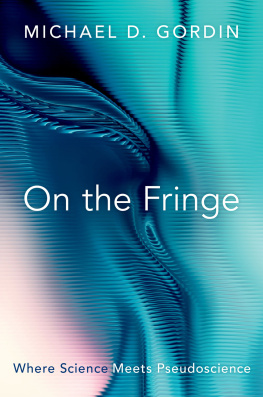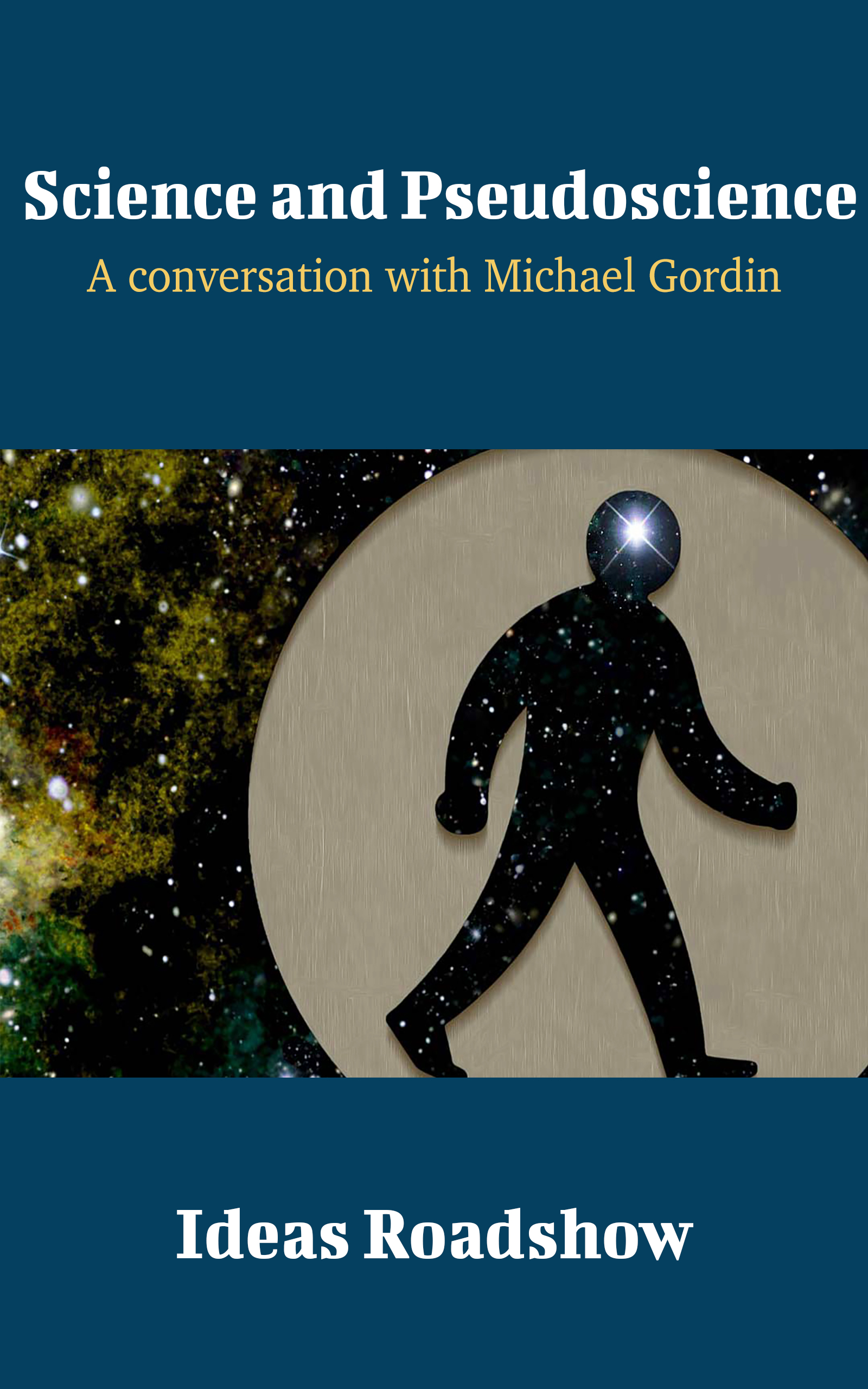Howard Burton - Science and Pseudoscience: A Conversation with Michael Gordin
Here you can read online Howard Burton - Science and Pseudoscience: A Conversation with Michael Gordin full text of the book (entire story) in english for free. Download pdf and epub, get meaning, cover and reviews about this ebook. year: 2020, publisher: Open Agenda Publishing, genre: Religion. Description of the work, (preface) as well as reviews are available. Best literature library LitArk.com created for fans of good reading and offers a wide selection of genres:
Romance novel
Science fiction
Adventure
Detective
Science
History
Home and family
Prose
Art
Politics
Computer
Non-fiction
Religion
Business
Children
Humor
Choose a favorite category and find really read worthwhile books. Enjoy immersion in the world of imagination, feel the emotions of the characters or learn something new for yourself, make an fascinating discovery.

- Book:Science and Pseudoscience: A Conversation with Michael Gordin
- Author:
- Publisher:Open Agenda Publishing
- Genre:
- Year:2020
- Rating:4 / 5
- Favourites:Add to favourites
- Your mark:
Science and Pseudoscience: A Conversation with Michael Gordin: summary, description and annotation
We offer to read an annotation, description, summary or preface (depends on what the author of the book "Science and Pseudoscience: A Conversation with Michael Gordin" wrote himself). If you haven't found the necessary information about the book — write in the comments, we will try to find it.
This book is based on an in-depth conversation between Howard Burton and Michael Gordin, Rosengarten Professor of Modern and Contemporary History at Princeton University. This thought-provoking, extensive conversation examines the strange case of Immanuel Velikovsky, author of the bestselling book Worlds in Collision that managed to provocatively combine unbridled scientific speculation with ancient myth, as a way of probing the often-problematic boundary between science and pseudoscience.
By all accounts, Velikovsky was a decidedly curious character. The notorious Russian-born doctor-turned psychoanalyst-turned astronomer-historian-autodidact not only had a flair for writing and boatloads of charisma and energy, he also was on record for making a couple of concrete predictions of his radical new theory of the solar system that turned out, much to the dismay of the authorities of the day, to actually be correct.
This carefully-edited book includes an introduction, Harnessing the Fringe, and questions for discussion at the end of each chapter:
About Ideas Roadshow Conversations Series (100 books):
Presented in an accessible, conversational format, Ideas Roadshow books not only explore frontline academic research featuring world-leading researchers, including 3 Nobel Laureates, but also reveal the inspirations and personal journeys behind the research. Howard Burton holds a PhD in physics and an MA in philosophy, and was the Founding Director of Canadas Perimeter Institute for Theoretical Physics.
Howard Burton: author's other books
Who wrote Science and Pseudoscience: A Conversation with Michael Gordin? Find out the surname, the name of the author of the book and a list of all author's works by series.








